Youth Service
What is youth service? Youth take action that benefits people or communities by making connections and relationships in order to address local and global issues. And have fun.
Youth have the power to effect positive change.
Rhode Island youth want to engage and solve pressing problems. Through service, youth learn about the issues in their community, interact with community leaders addressing those issues, and take action. Research tells us that youth service is linked to mental well-being, leadership, social responsibility, better grades, access to college and careers, and voting and civic engagement as an adult.
For Youth
-
Jump to the United Way of Rhode Island Volunteer Center. Filter your search by “AGE” to find youth community volunteer opportunities.
-
PrepareRI provides middle and high school students with the advanced skills they need for today's jobs. Find information about summer internships, youth apprenticeships, career and technical education (CTE), and career exploration.
-
Each spring, the Rhode Island Civic Learning Coalition engages youth, teachers, policy makers, and families in workshops and discussions. Find prior recordings or get involved.
-
Youth Service America provides funding to youth, ideas, and resources to lead their service project. Youth Service America leads the Youth Service Month and Global Day of Service campaign each April.
-
Dosomething.org has an awesome list of 73 ideas for community service projects.
For Educators
-
The Rhode Island Department of Education (RIDE) provides teachers and administrators assistance with social studies and civics education to help students understand the world in which they live and prepare them with the knowledge and skills to become informed, thoughtful, and active citizens in a culturally diverse democratic society and complex world. Coming soon, RIDE will publish guidance and resources for completing Civic Actions Projects in compliance with RIGL §16-22-2.
-
ServeRI highly recommends Youth Service America’s new Service-Learning Experience Toolkit, which gives you the option to choose a week-long, month-long, or semester-long service-learning experience with your students. Provided as both Google Docs and Word Docs, each planning element has its own document, so you can pick and choose only the steps necessary for your activity, and do your planning right in your own copy of the documents.
-
Each spring, the Rhode Island Civic Learning Coalition engages youth, teachers, policy makers, and families in workshops and discussions. Find prior recordings or get involved.
-
Youth Service is one method by which educators can provide Work-Based Learning (WBL) to students. WBL is a critical component of a student’s career pathway, and encompasses activities that provide students with real-life or simulated work experiences to show students the relevance of their education and prepares them for success in college and career. For guidance on WBL, Rhode Island educators and partners can access the Work-Based Learning Implementation Toolkit on the PrepareRI website.
-
Service can connect local issues to global concerns by learning about the United Nations 2030 Sustainable Development Goals. Youth can start with the goals and identify relevant needs in their communities or grow their understanding of their community needs by exploring the 2030 goals. Oxfam publishes the following resources for adults seeking to include global education in service activities: Education For Global Citizenship: A Guide for Schools and Global Citizenship In The Classroom: A Guide for Teachers.
-
The National Youth Leadership Council continues the research and practice of Learn and Serve America, the former federal K-12 investment in service learning. NYLC provides high-quality, dynamic service-learning content for school districts, classrooms, and after-school programs.
-
The Lead4Change Student Leadership Program is a Leadership Curriculum with a Framework for Community Service. Designed to teach 6th – 12th graders how to lead and serve, the Lead4Change program is privately funded and available AT NO COST to educators and youth club advisers.
-
ServeOhio has developed a toolkit geared toward K-12 teachers and administrators, nonprofit and community organizations, institutions of higher education, youth groups and clubs, out-of-school programs, and faith-based organizations generate service project ideas using a model of Investigate, Prepare, Take Action, Reflect, Share & Celebrate, and Keep it Going.
Awareness
•
Service
•
Advocacy
•
Philanthropy
•
Awareness • Service • Advocacy • Philanthropy •
More …
Youth Service May Include:
community service where youth help others by volunteering with organizations
service-learning where youth lead a project that connects academic learning to addressing community challenges
civics education where youth identify a community need and bring their voice to public policy making
work-based service where youth complete unpaid work, benefiting the community, tied to job skills and career fields
Read Leveraging the Potential of Youth Service for a new vision of youth service.



